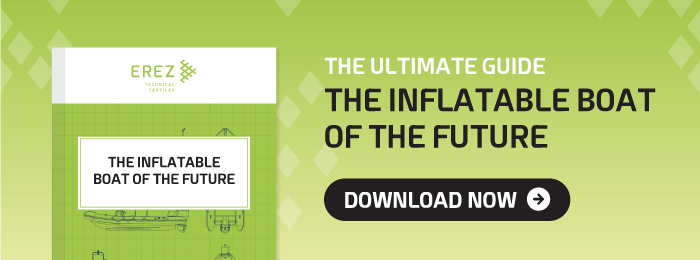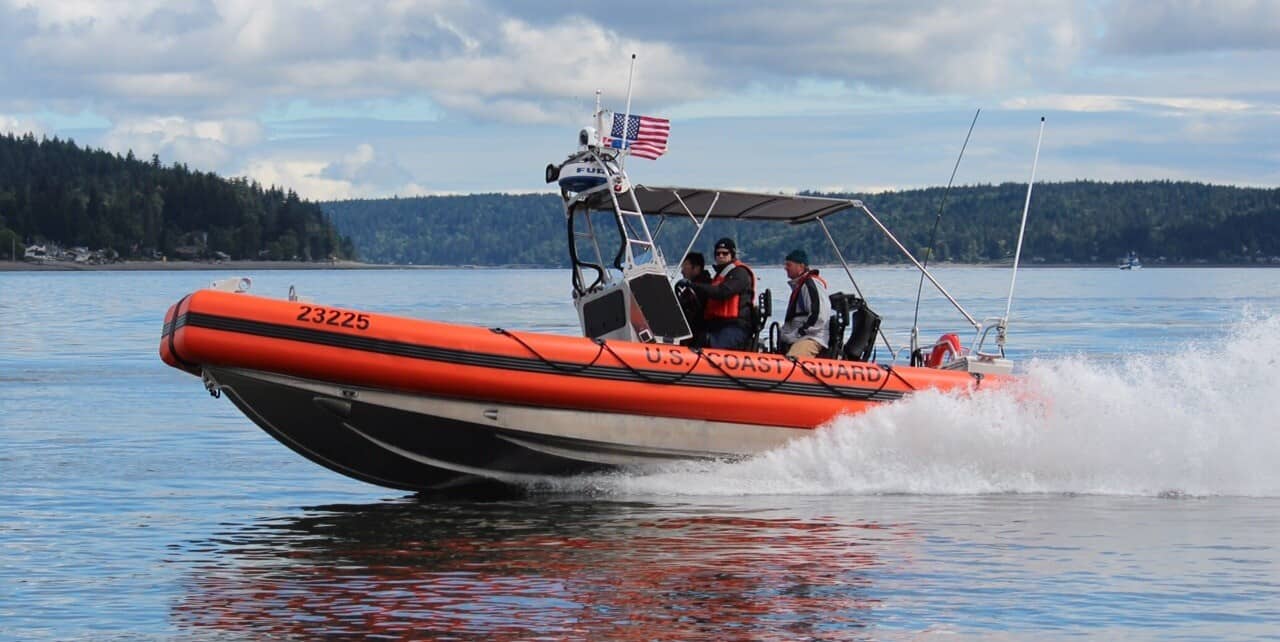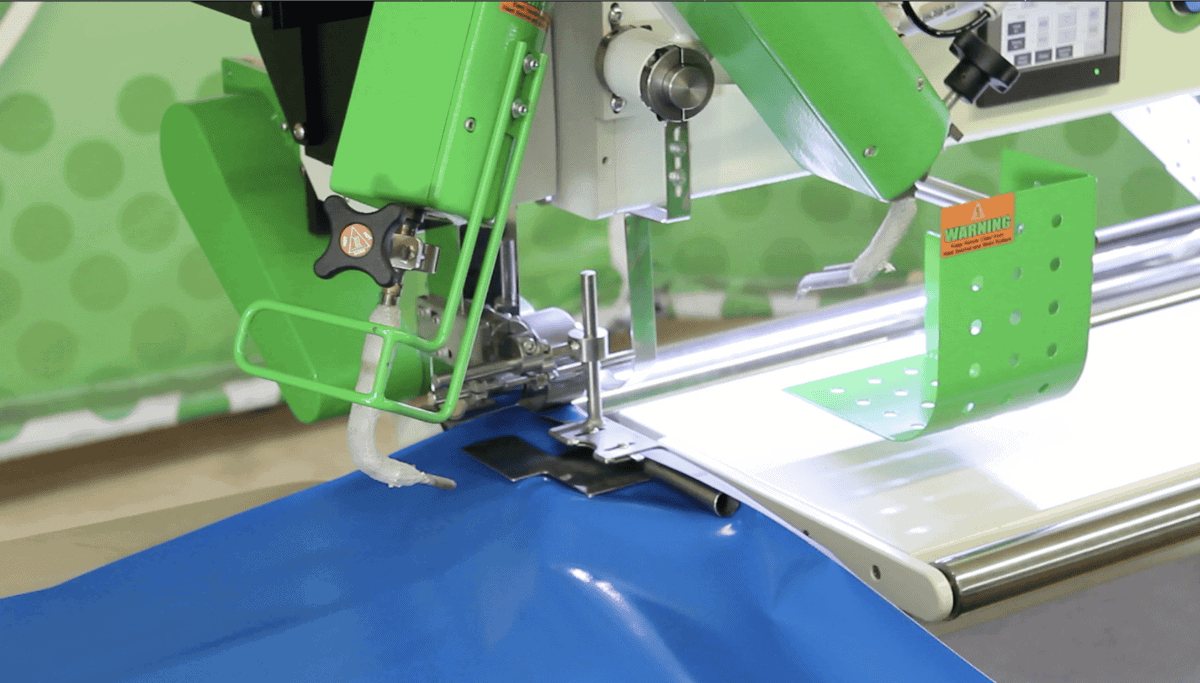How to Build Stronger, Lighter, and Swifter Inflatable Boats – using Thermoplastic Polyurethane (TPU)
Boats, Marine SafetyMay 20, 2024
The world of manufacturing inflatable boats requires a careful balance. Lightweight designs offer the benefits of easy transport and storage, but these might come at the cost of durability and water performance. In contrast, while heavy-duty materials promise a robust craft, they might hinder the portability and efficiency of the boat. This article dives into a crucial aspect of inflatable boat manufacturing – the exploration of suitable materials.
Inflatable boat manufacturing is a continual quest for redefining boundaries, balancing both quality and performance. Advancements in material technology are key in this quest.
Benefits of Different Fabrics in Inflatable Boat Manufacturing
|
Fabric |
Benefits |
|
PVC (Polyvinyl Chloride) |
Widely available and cost-effective. Durable with adequate care. Lightweight nature makes it suitable for smaller, leisure-focused inflatable boats. |
|
CSM (Hypalon) |
Known for excellent durability, resistance to UV light, and extreme temperatures. Suited for high-end inflatable boats that need longevity and high performance. |
|
TPU (Thermoplastic Polyurethane) |
Exceptional waterproof capabilities, superior tear and abrasion resistance, and improved UV resistance. Offers substantial weight reduction compared to PVC and CSM, leading to improved fuel efficiency—superior hydrolysis resistance for extended saltwater exposure. |
One unique advancement in material technology that makes waves in the field is using coated technical textiles, particularly thermoplastic polyurethane (TPU) coated fabric. TPU-coated fabric, for instance, is renowned for its exceptional capabilities. Unlike PVC and CSM, TPU offers superior hydrolysis resistance, meaning your inflatable boats can withstand extended exposure to saltwater without degradation.
In terms of UV resistance, there’s a significant difference between aliphatic and aromatic TPU coatings. Aromatic TPU coatings can degrade over time when exposed to the sun, while aliphatic TPU stands strong. It refuses to oxidize under UV radiation, making it one of the most stable coating compounds for outdoor applications.
In considering materials for inflatable boats, understanding and exploring the benefits of different fabrics can be of great advantage:
- Lightweight yet robust fabrics, such as TPU, can significantly reduce weight without sacrificing durability.
- Improved hydrodynamics can be achieved, leading to faster, more efficient boats. The variety in fabric properties and coatings offers customization options.
- Complying with industry standards is imperative for these materials’ safe and effective use.
- By further understanding and utilizing the potential of advanced materials like TPU, inflatable boat manufacturers can continue to push the boundaries of what’s possible in the industry.
Why use TPU?
- Unlike PVC and CSM, TPU offers superior hydrolysis resistance, meaning your inflatable boats will withstand extended exposure to saltwater without degradation. Additionally, TPU boasts improved UV resistance, ensuring colors stay vibrant and the fabric maintains its integrity for longer under sunlight.
- TPU fabrics can reduce weight by up to 30% compared to traditional PVC fabrics of equivalent thickness. This translates to a fuel efficiency improvement of up to 15%, lowering operational costs and increasing profit margins.
- For high-pressure inflatable tubes (RIBs), TPU’s enhanced air retention properties ensure tubes maintain pressure for longer durations, requiring less frequent inflation and maximizing operational uptime.
Interesting link
To learn more about the advanced materials that can help shape the future of inflatable boats, Contact us and explore how our advanced materials can help you craft the best inflatable boats! We will be happy to share more from our experience.
By partnering with Erez Technical Textiles, boat manufacturers gain access to:
- Lightweight yet robust TPU fabrics: Achieve significant weight reduction without sacrificing durability. Erez utilizes breakthrough polymer blending for its REZcoat™ family of textiles, creating uniquely strong thermoplastic polyurethane (TPU) coatings that are applied to a variety of high-quality polyester and nylon base fabrics. These technical textiles offer excellent resistance to extreme weather conditions, chemicals, abrasion, punctures, and boast high UV stability. Available in a wide range of fabric weights, REZcoat™ textiles find use across a diverse range of industries and end-product applications.
- Enhanced performance: Improved hydrodynamics for faster, more efficient boats.
- Customization options: Erez offers a variety of fabric properties and coatings to cater to specific needs.
- Industry standards Erez’s TPU fabrics comply with the industry strikes standards and are certified to be used for various applications.
Erez is not just a material supplier; We are a knowledgeable partner in pursuing peak-performance inflatable boats. Our commitment to innovation and collaboration empowers boat manufacturers to redefine the boundaries of lightweight excellence.
Share this Post





